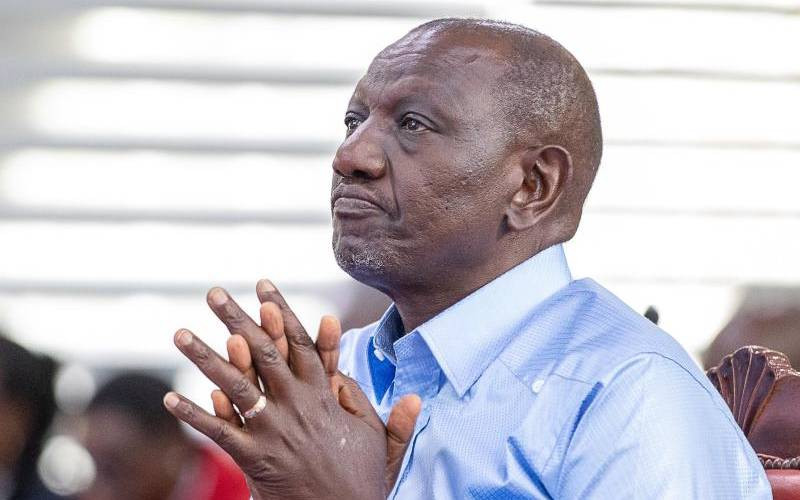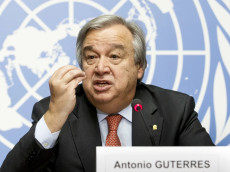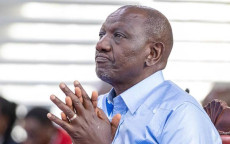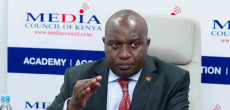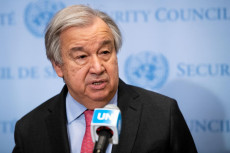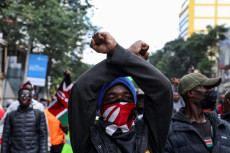- The future of Kenya’s leadership depends on changing this collective mindset. Until citizens learn to judge leaders based on their track records rather than their backgrounds, poverty mentality will continue to breed distrust, corruption, and weak governance.
In a recent episode of The Political Oracle a segment of The TalkChat Podcast, Political analyst Dr. Michael Ndonye delivered a deep and unflinching analysis of how “poverty mentality” continues to shape and even undermine President William Ruto’s leadership.
According to Dr. Ndonye, this mentality operates on three levels: Ruto himself, Kenya’s political elite (the so-called dynasties), and the general public. Together, these perceptions form a powerful but dangerous narrative that has defined Ruto’s political journey and may also be his greatest liability.
Dr. Ndonye explains that from the onset of his political rise, Ruto leaned heavily on his “hustler” brand, famously identifying himself as a former chicken seller who rose from obscurity to the State House.
This narrative resonated with millions of ordinary Kenyans, giving them a sense of identification and hope. However, it also created an unintended consequence: many now find it difficult to believe that someone from such a humble background could become a billionaire without corruption.
“The same poverty mentality that made Ruto president,” Dr. Ndonye noted, “is now being used to judge him.”
Read More
This mentality, Dr. Ndonye said, is deeply rooted in Kenya’s political culture. Historically, political legitimacy has often been tied to wealth, family name, and perceived status. Dynasties, as he pointed out, are rarely accused of theft because their wealth is presumed to be inherited.
Conversely, when someone from a poor background rises to power and amasses wealth, the immediate assumption is that they have stolen. This double standard fuels public distrust and magnifies accusations of corruption against leaders like Ruto.
Dr. Ndonye also highlighted how this mentality influences governance. According to him, President Ruto subconsciously replicates the very system he campaigned against, often surrounding himself with wealthy Cabinet Secretaries and appointees rather than ordinary citizens.
“Ruto himself cannot believe,” Dr. Ndonye argued, “that a poor person can hold high office without stealing.” This subconscious bias perpetuates a cycle where leadership becomes synonymous with affluence, excluding the very hustlers who propelled him to power.
The risks of this strategy, Dr. Ndonye warned, are significant. While poverty mentality served as an effective mobilizing tool in 2022, it could become a trap in 2027. The public may continue to question Ruto’s wealth, undermining his legitimacy and weakening his political base.
Yet, there are opportunities too. If addressed honestly, Ruto could shift the national conversation from hustler politics to performance-based leadership, thereby breaking Kenya’s long-standing narrative of poverty versus wealth in politics.
According to Dr. Ndonye, the future of Kenya’s leadership depends on changing this collective mindset. Until citizens learn to judge leaders based on their track records rather than their backgrounds, poverty mentality will continue to breed distrust, corruption, and weak governance. As he aptly put it, “Seventy percent of corruption and bad governance in Kenya is in our minds.”

